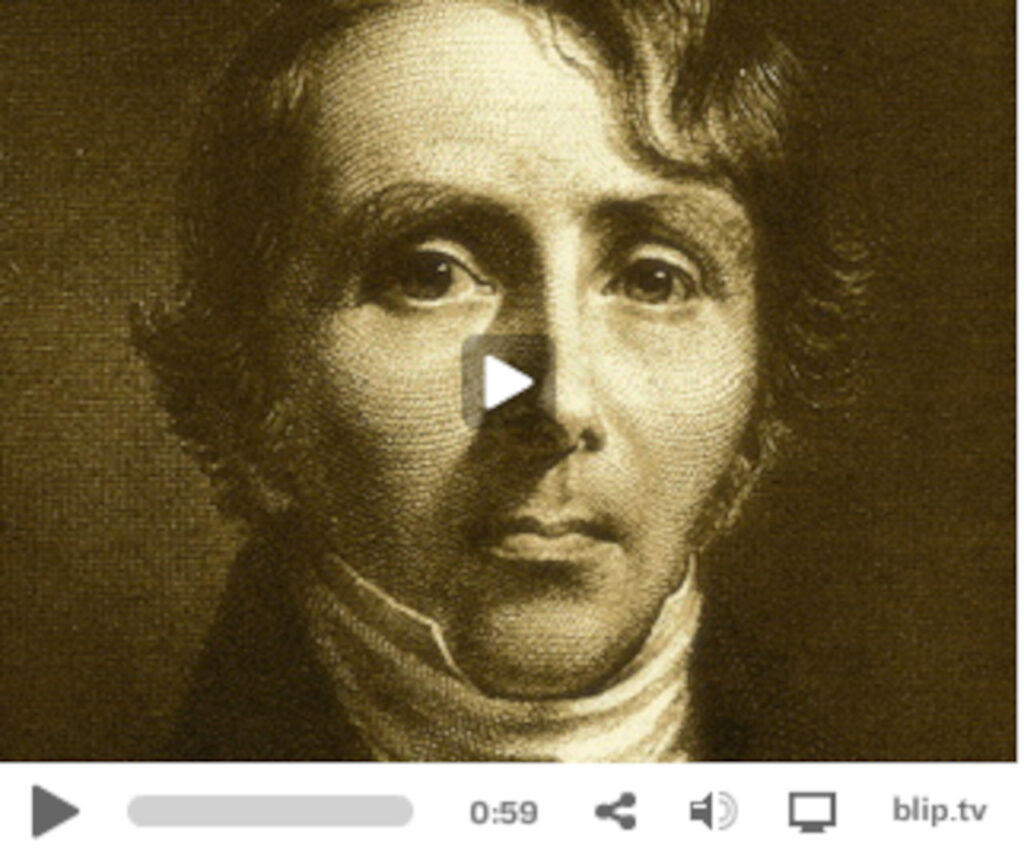Third lecture in a class on humanism.
I have said that one problem with religious humanism is that there hasn’t been any systematic account of what it means to be a religious humanist. I should state that more precisely: I want to see a systematic account of religious humanism in a style that is popular enough to capture the attention of a wide audience, while scholarly enough to satisfy scholars. 19th century Unitarianism had William Ellery Channing, a good writer who managed to capture a wide audience; Unitarians can also claim Ralph Waldo Emerson, whose prose and poetry continue to shape Unitarian Universalism today. Now maybe it’s a little bit much to ask for another Emerson, but at least humanism could wish for the equivalent of Hosea Ballou, the early 19th century Universalism whose Treatise on Atonement commanded a wide popular audience in its day.
To take a more recent example, the rapid growth of Neopaganism in the last twenty years has been propelled by popular writers like Margot Adler and Starhawk. Now maybe you haven’t heard of Margot Adler and Starhawk, but hundreds of thousands of people have heard of them, and have read their books, and have become Neopagans as a result. Let me put this another way: I see teenagers reading Starhawk, and I see teenagers reading Emerson, but I don’t see teenagers reading anyone who espouses religious humanism.
But it won’t be enough to have a writer who’s popular. Starhawk has convinced a lot of people to become Neopagans because she has offered a comprehensive and systematic account of what it means to be a Neopagan. She has written about how Neopagans can raise their children, how Neopagans can try to make the world a better place, she has outlined a Neopagan ethics, she has shown how Neopagans can create viable and nurturing religious communities. In a sense, Starhawk is even better than Emerson, who may have given us a lot of inspiration for our individual spiritual lives but who didn’t write much about how to create viable and nurturing religious communities. Starhawk is also enough of a thinker that she can be taken seriously by scholars and intellectuals. The general point here is that we need a writer who is popular, and who can be taken seriously intellectually, and who shows people how to live life as a religious humanist. Continue reading

